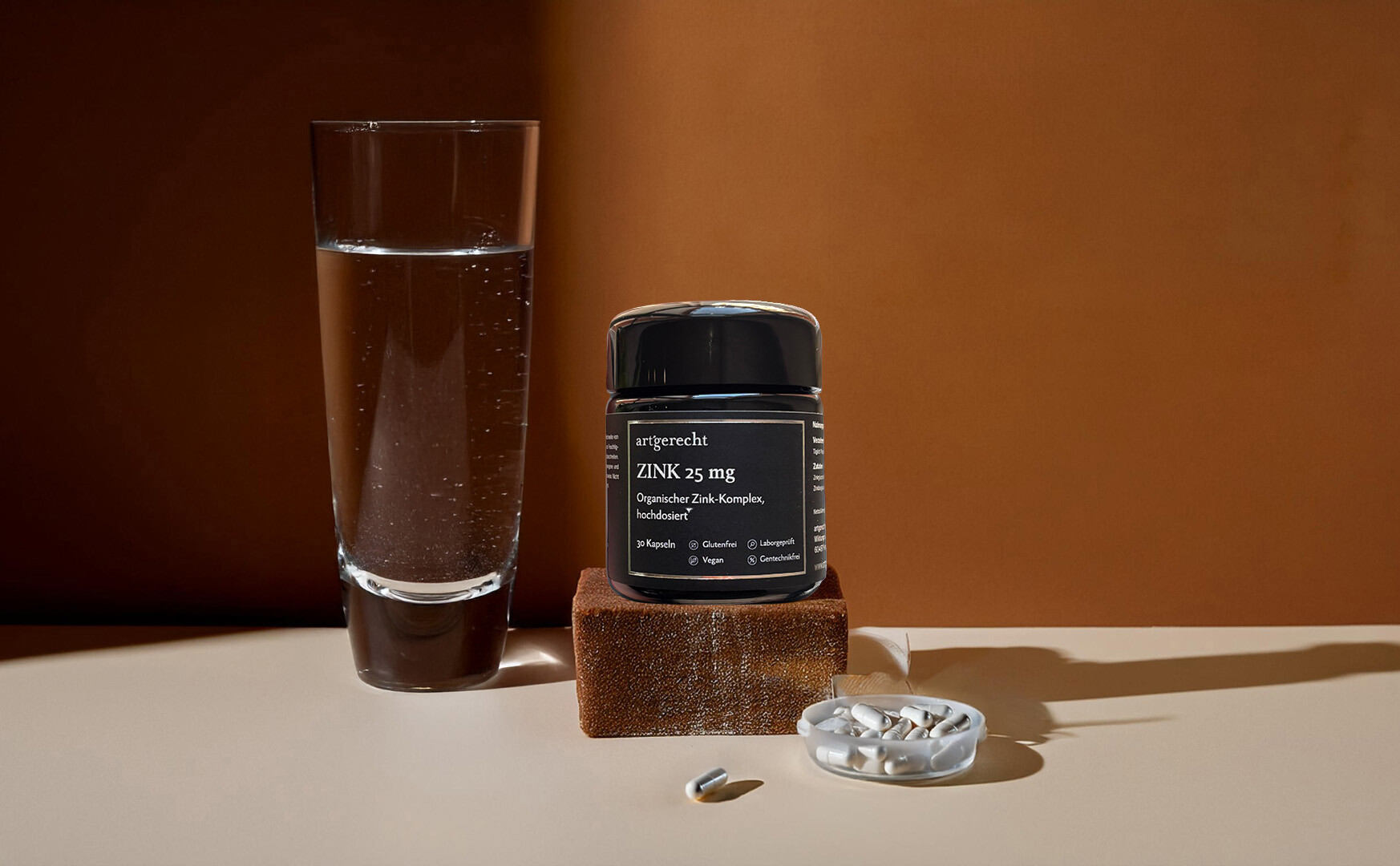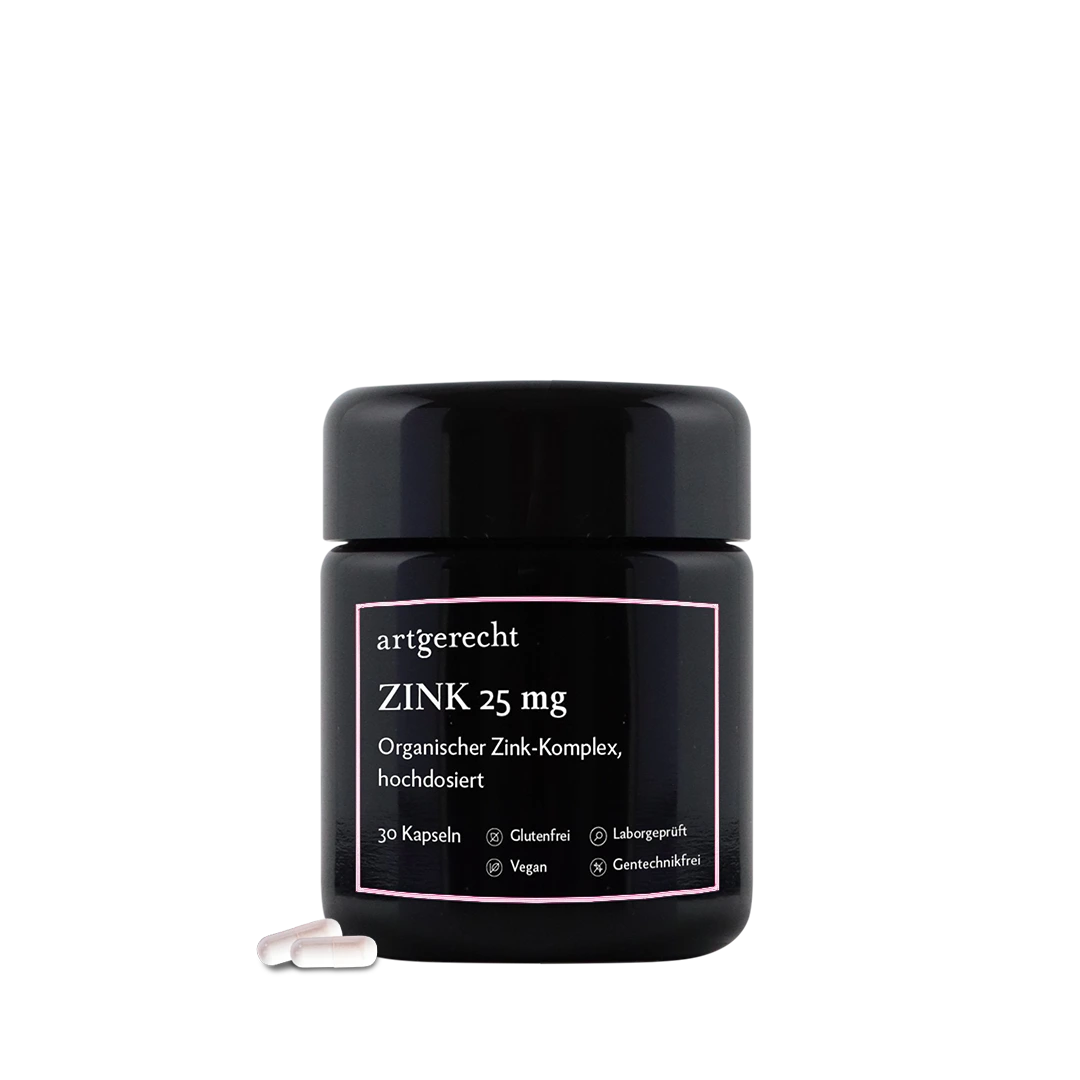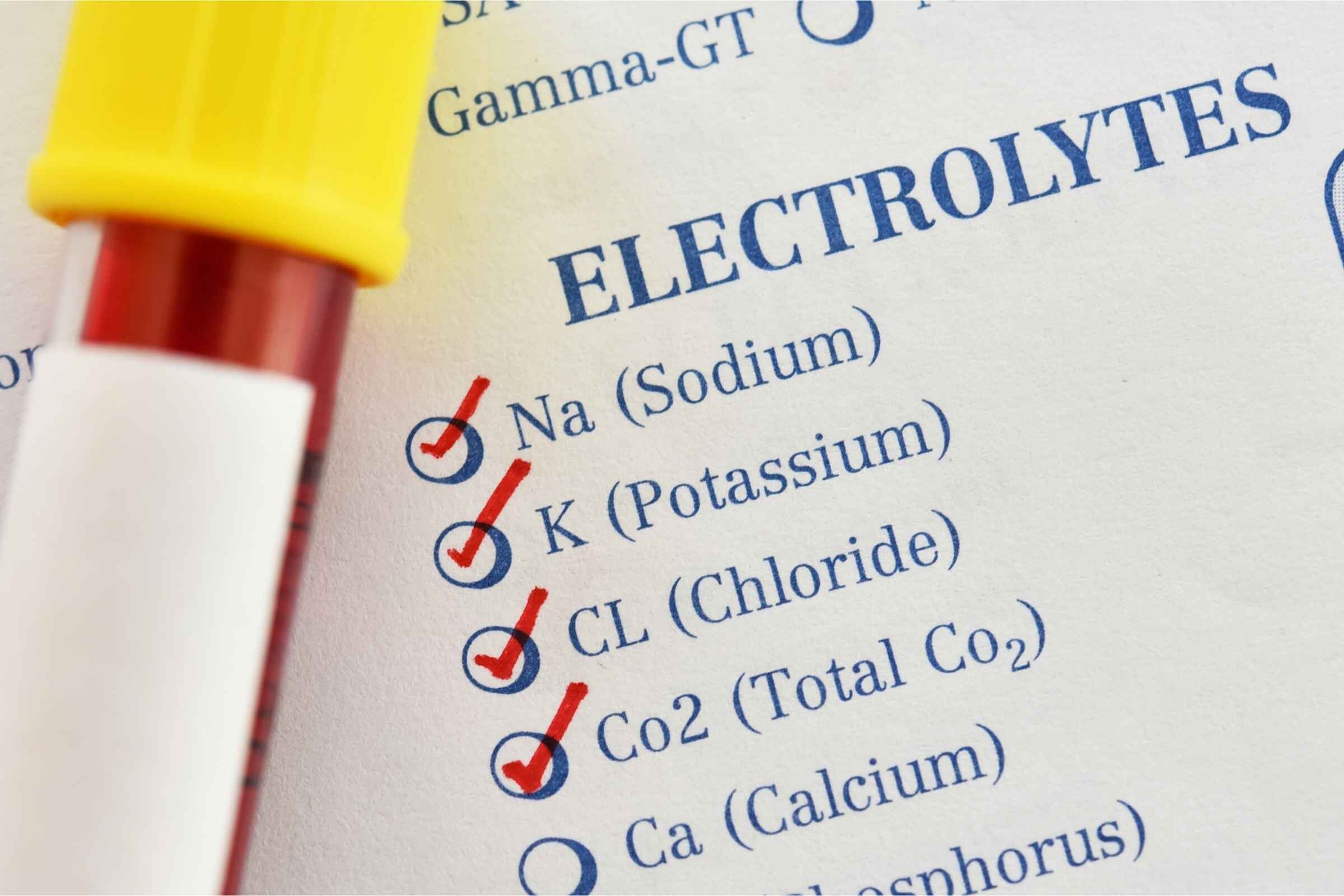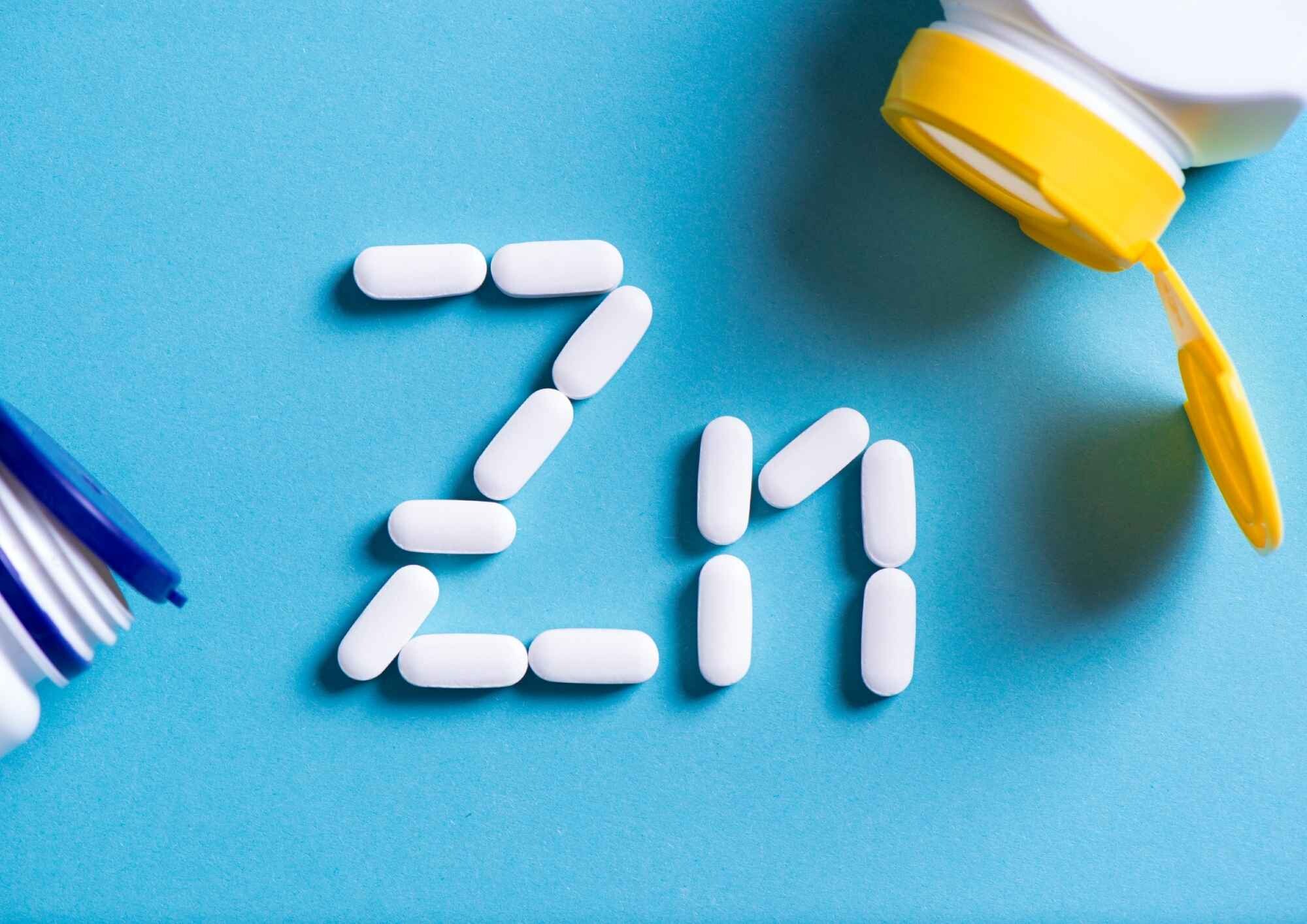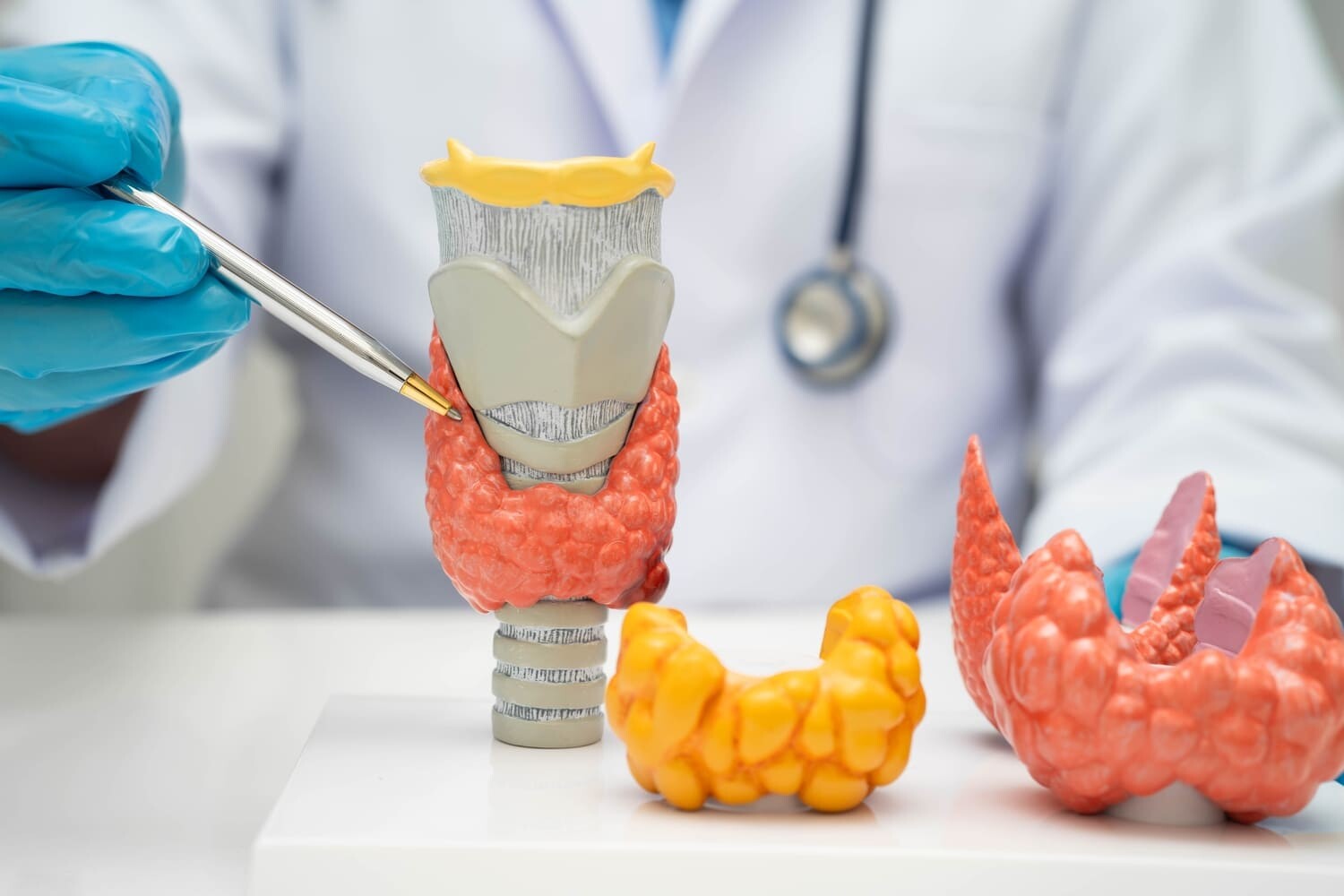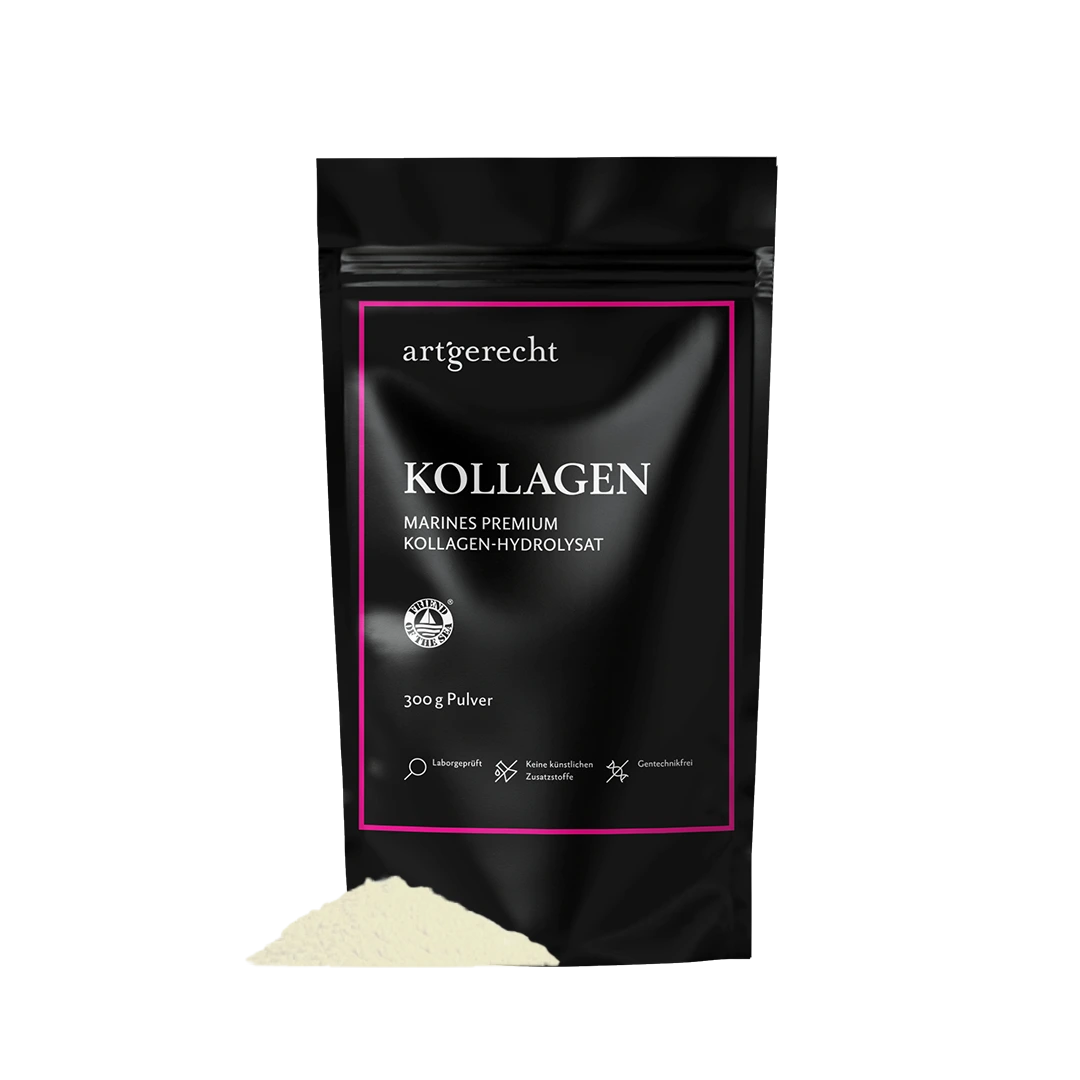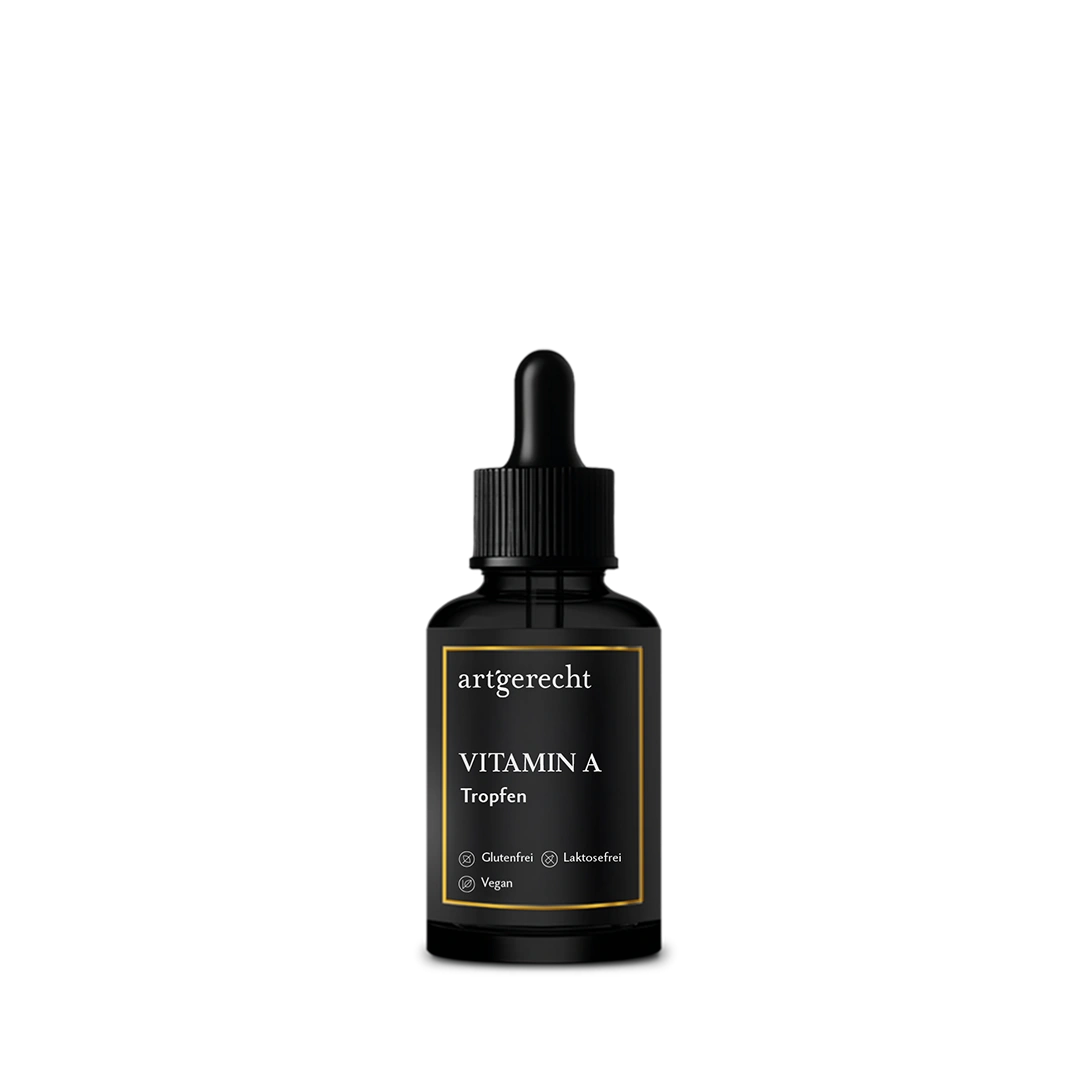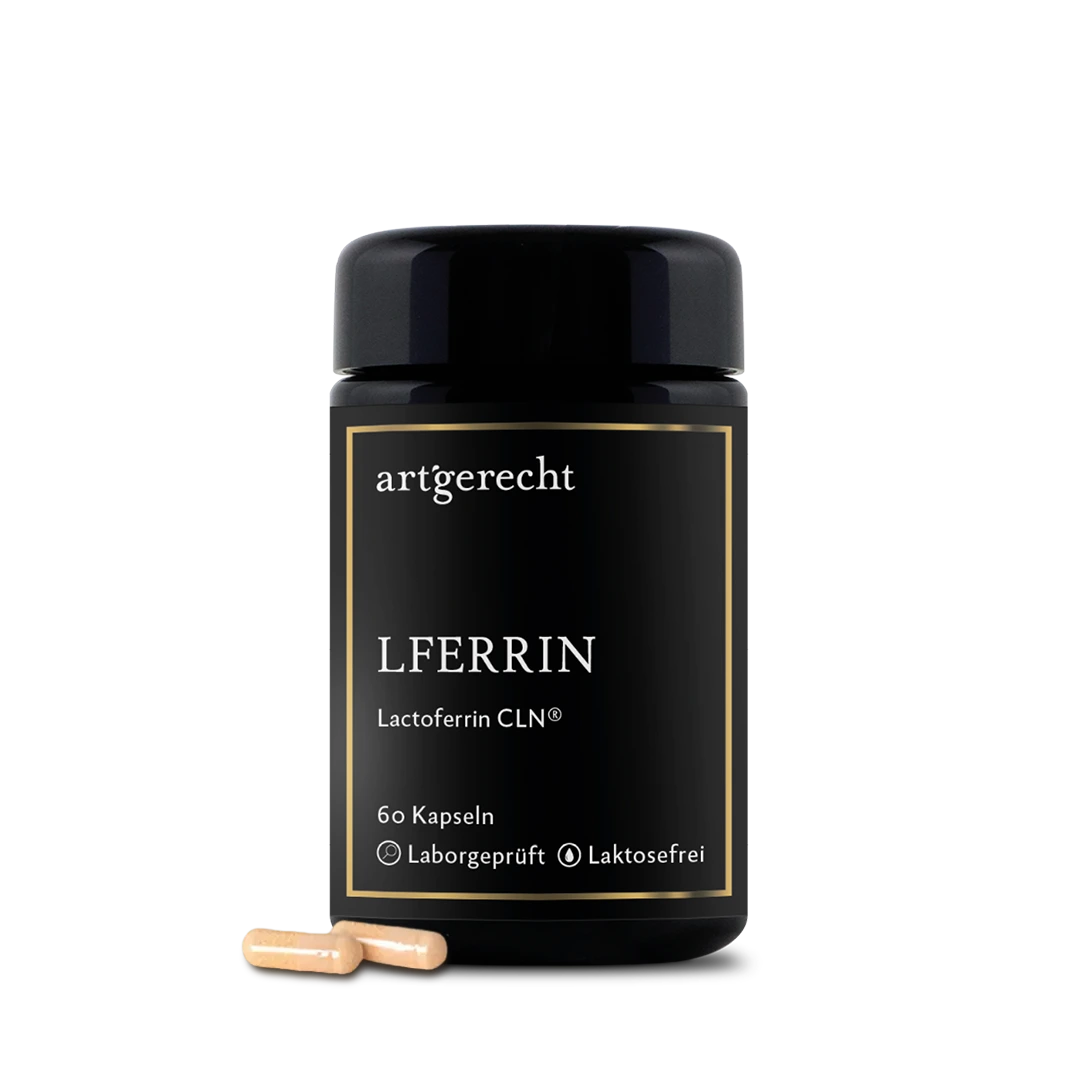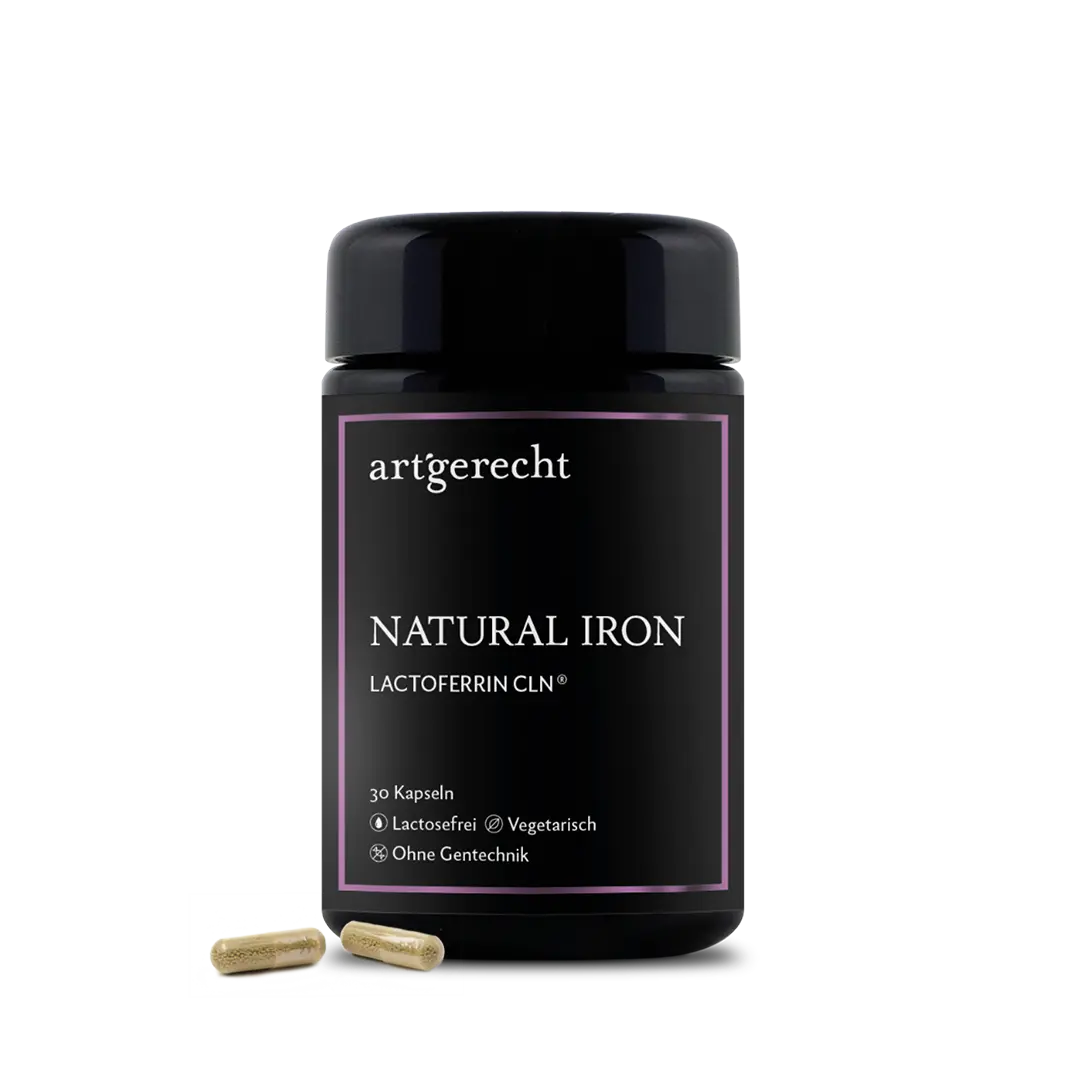Zinc and the immune system
Zinc is now generally recognized as an essential trace element and one of the central micronutrient groups for human nutrition and health. It plays a crucial role in numerous cellular processes and has a significant influence on both innate and acquired immune defenses. It is essential for the development and function of innate immune cells such as neutrophils and NK cells (natural killer cells). A zinc deficiency can impair phagocytosis, i.e. the killing of pathogens within the cells. The growth and function of lymphocytes (immune cells) are also negatively affected by a zinc deficiency. Zinc also acts as an antioxidant and stabilizes cell membranes, which can help to prevent damage caused by free radicals during inflammatory processes.
Zinc deficiency: causes and consequences
Moderate zinc deficiency and inadequate zinc status often occur in various risk groups, especially in older people, regardless of whether they live in developing or industrialized countries1. In contrast to many other nutrients, the adult body has no functional reserves or stores of zinc. A zinc deficiency is usually caused by an inadequate intake through food. Additional risk factors are phases of life with increased zinc requirements, such as during infancy, puberty, pregnancy and breastfeeding. Certain diseases that hinder zinc absorption (e.g. malabsorption syndromes) or increased zinc loss, for example due to increased urine excretion in diabetes, can also cause a deficiency. Zinc utilization can also be impaired by medication or illnesses such as alcoholism. Another cause of zinc deficiency can be the intake of zinc together with foods containing phytins. Cereals, legumes and seeds containing phytic acid contain phytic acid and its magnesium, calcium and potassium salts, which are known as phytate. Phytate is the main storage form of phosphorus in these foods and a major inhibitor of zinc absorption, especially in diets low in meat. In the gastrointestinal tract, phytate forms insoluble complexes with zinc, which can neither be digested nor absorbed, as the human intestine lacks the enzyme phytase. In addition, phytate also binds to the body's own excreted zinc, which means that it can no longer be reabsorbed. The symptoms of a zinc deficiency vary depending on the severity of the deficiency. They can include a weakened immune response, skin changes, fatigue, growth retardation, delayed wound healing and reduced serum testosterone levels,1, among others.
Zinc and nutrition
Zinc cannot be synthesized by the body itself. In addition, there are no classic storage organs for this important trace element. Foods containing zinc mainly include cereal products, legumes and animal foods such as meat, eggs and dairy products 3,. An overview of selected foods and their zinc content can be found in Table 1. However, many of the foods listed also contain phytates, which, as mentioned above, can make it more difficult to absorb zinc 3.
| Food | Zinc content in mg/100 g |
| Corn flour, 95% extraction (Zea mays L.) | 2.2 |
| Rice, white, raw (Oryza sativa) | 1.8 |
| Shrub pea, fresh (Cajanus cajan L.) | 9.9 |
| Peanut, flour | 2.8 |
| Pig, muscle | 1.8-6.8 |
| Beef, muscle | 2.7-11.1 |
Table 1: Zinc content of selected foods, adapted from Gibson et al. & Krelowska-Kulas et al. 3.6
The daily zinc intake recommended by the German Nutrition Society is given as a function of phytate intake and gender 5. An excerpt from the recommendation for healthy adults can be found in Table 2.
| Zinc intake for adults in mg/day | ||
|---|---|---|
| Phytate intake | female | male |
| low (330 mg/day) | 7 | 11 |
| medium (660 mg/day) | 8 | 14 |
| high (990 mg/day) | 10 | 16 |
Table 2: recommended daily zinc intake for healthy adults, adapted from the DGE table 5
Zinc supplementation: benefits and risks
Zinc supplementation can contribute to the prevention of zinc deficiency. With regard to the current cold period, taking zinc cannot protect against infection with cold viruses, but it can have a positive effect on the course and duration of the disease. Zinc can also have a positive influence on wound healing. This was investigated using the example of diabetic wounds on the feet, which were treated with a zinc supplement over a period of 12 weeks as part of a randomized double-blind study. The results showed improved wound healing and a positive influence on metabolic syndrome. Zinc supplementation can also have positive effects on blood sugar control and contribute to the promotion of healthy blood lipid levels. Risks associated with excessive daily zinc intake include undesirable side effects such as metallic taste, nausea, vomiting, abdominal cramps and diarrhea. However, the long-term intake of zinc supplements up to the maximum recommended daily dose of 40 mg is generally considered safe 7.
Zinc from artgerecht
Zink von artgerecht offers a way to support the body's own zinc balance. The high-dose organic zinc complex of zinc gluconate, zinc bisglycinate and zinc picolinate provides 25 mg of zinc per capsule. Thanks to their small size, the capsules are particularly easy to take.
¹ Dardenne, M. (2002). Zinc and immune function. European journal of clinical nutrition, 56(3), S20-S23.
² Prasad, A. S. (2008). Zinc in human health: effect of zinc on immune cells. Molecular medicine, 14, 353-357.
³ Gibson, R. S. (2012). Zinc deficiency and human health: etiology, health consequences, and future solutions. Plant and soil, 361, 291-299.
⁴ Yanagisawa, H. (2004). Zinc deficiency and clinical practice. Japan Medical Association Journal, 47(8), 359-364.
⁵ Deutsche Gesellschaft für Ernährung e.V., Zink [Status 08.12.2024]. Available at: https://www.dge.de/wissenschaft/referenzwerte/zink/
⁶ Krelowska‐Kulas, M. (1988). Determination of the lead, cadmium, copper, zinc and iron content of selected foods. Food/Nutrition, 32(7), 649-652.
⁷ Saper, R. B., & Rash, R. (2009). Zinc: an essential micronutrient. American family physician, 79(9), 768.
⁸ Franke, K. (2024). Zinc does not protect against colds, but shortens the duration of illness. Allgemeinmedizin up2date, 5(04), 283-283.
⁹ Momen-Heravi, M. (2017). Zinc improves wound healing in diabetic foot ulcers. Wound Repair Regen, 25, 512-520.
¹⁰Jayawardena, R., Ranasinghe, P., Galappatthy, P., Malkanthi, R. L. D. K., Constantine, G. R., & Katulanda, P. (2012). Effects of zinc supplementation on diabetes mellitus: a systematic review and meta-analysis. Diabetology & metabolic syndrome, 4, 1-12.

